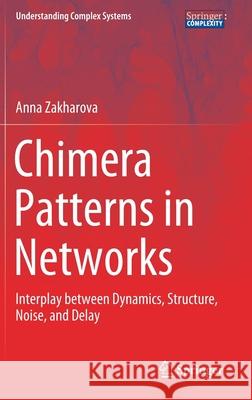Chimera Patterns in Networks: Interplay Between Dynamics, Structure, Noise, and Delay » książka
topmenu
Chimera Patterns in Networks: Interplay Between Dynamics, Structure, Noise, and Delay
ISBN-13: 9783030217136 / Angielski / Twarda / 2020 / 233 str.
Chimera Patterns in Networks: Interplay Between Dynamics, Structure, Noise, and Delay
ISBN-13: 9783030217136 / Angielski / Twarda / 2020 / 233 str.
cena 547,24 zł
(netto: 521,18 VAT: 5%)
Najniższa cena z 30 dni: 539,74 zł
(netto: 521,18 VAT: 5%)
Najniższa cena z 30 dni: 539,74 zł
Termin realizacji zamówienia:
ok. 20 dni roboczych.
ok. 20 dni roboczych.
Darmowa dostawa!
Kategorie BISAC:
Wydawca:
Springer
Seria wydawnicza:
Język:
Angielski
ISBN-13:
9783030217136
Rok wydania:
2020
Wydanie:
2020
Numer serii:
000307910
Ilość stron:
233
Waga:
0.52 kg
Wymiary:
23.39 x 15.6 x 1.6
Oprawa:
Twarda
Wolumenów:
01
Dodatkowe informacje:
Wydanie ilustrowane











